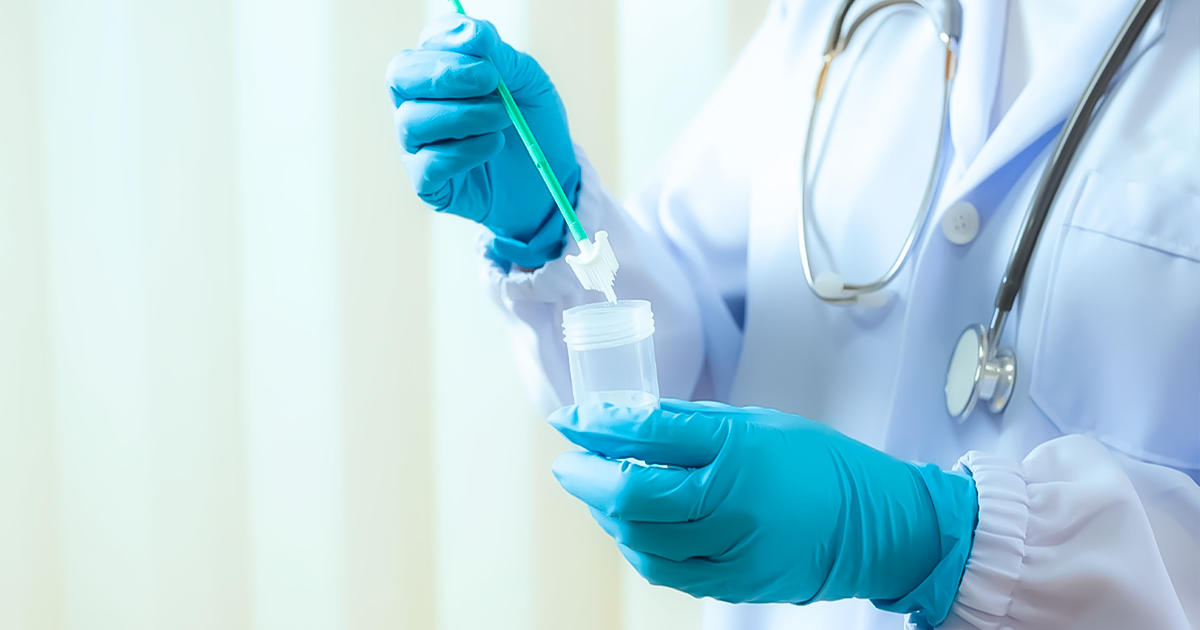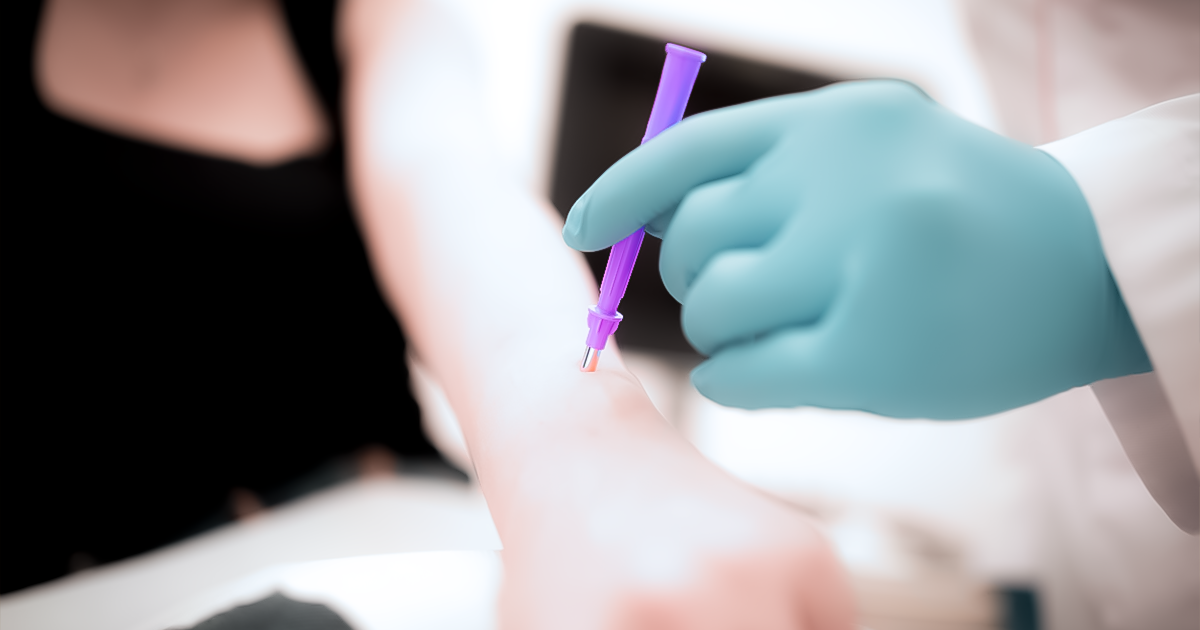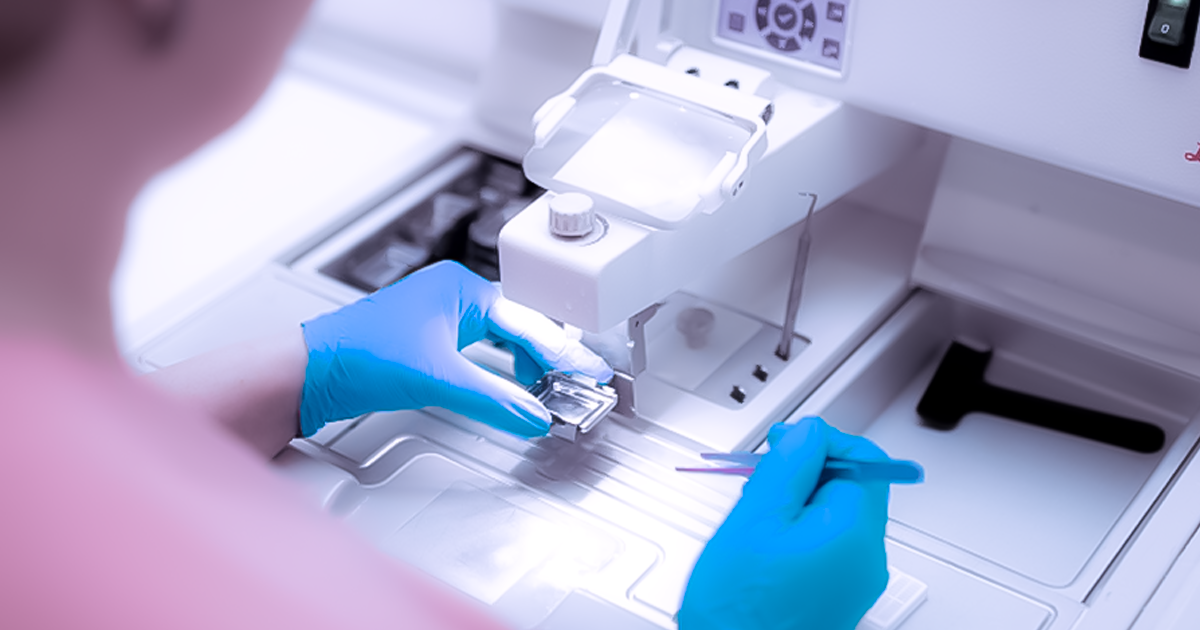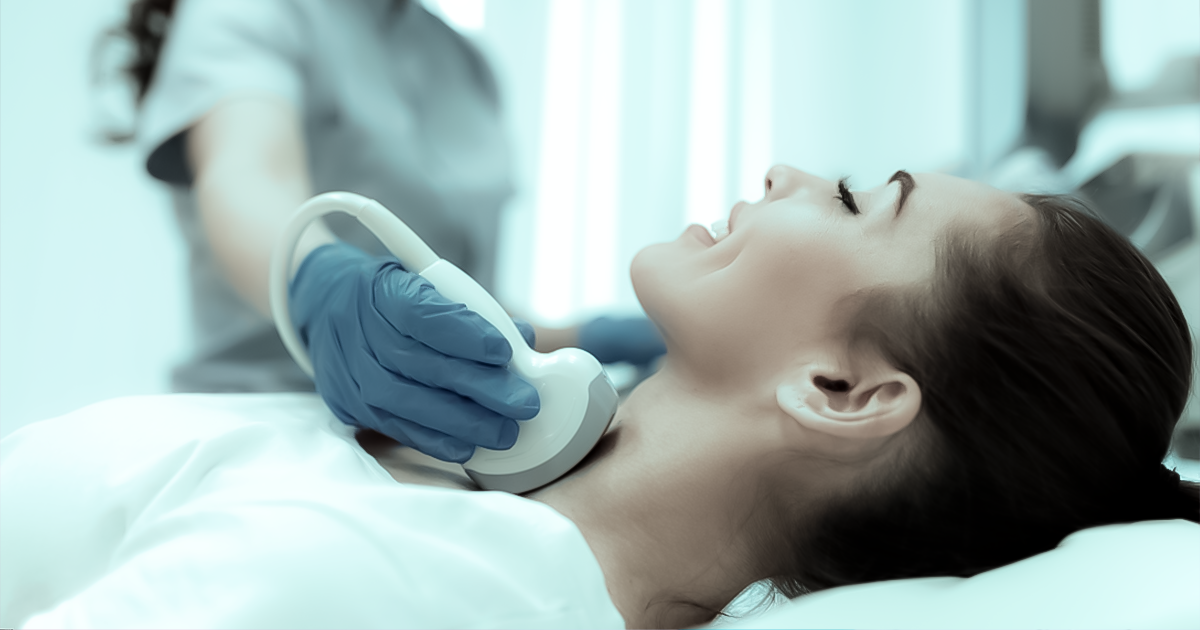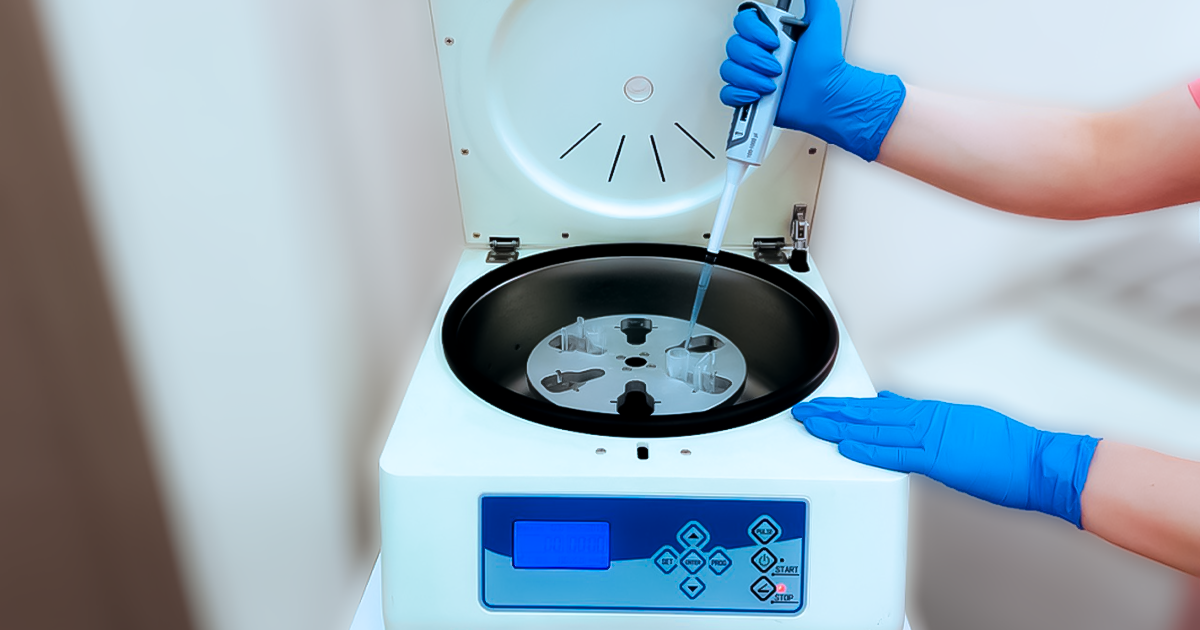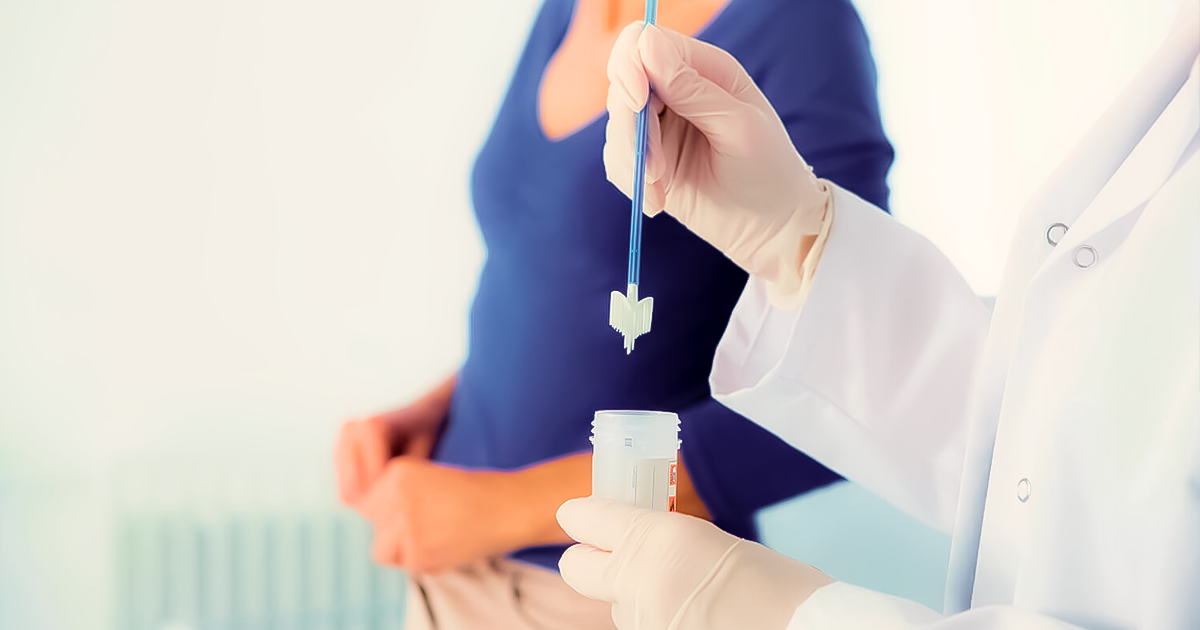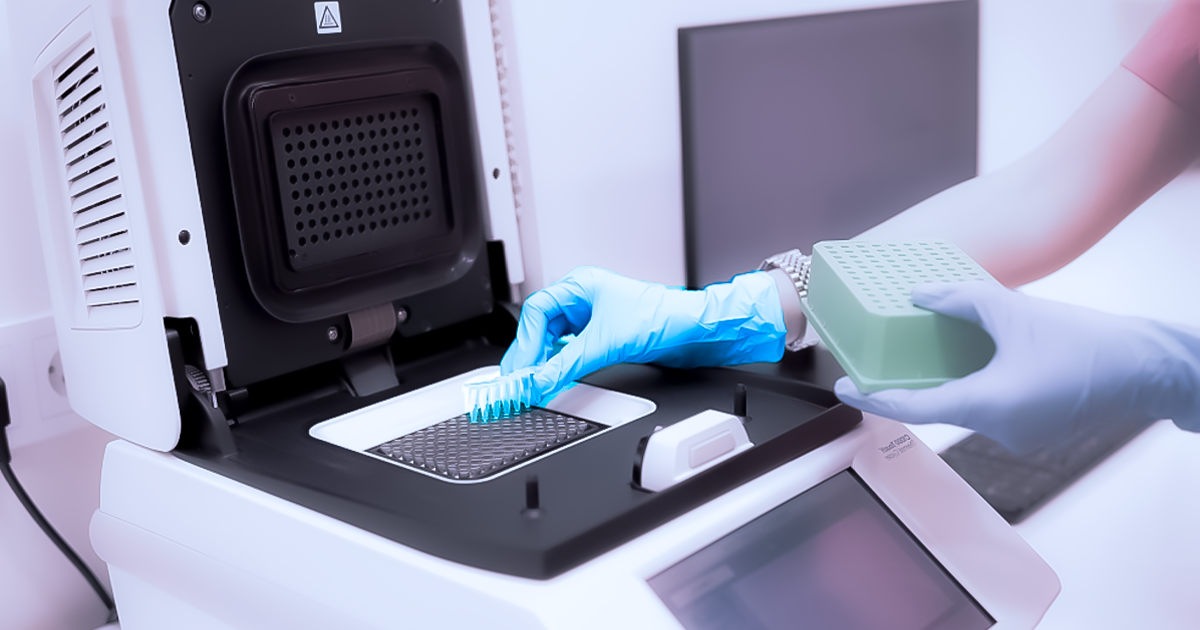Immunohistochemical examination (IHC) is a sensitive laboratory method, the purpose of which is to identify antigens localized in various tissues using specific antibodies. The formation of a bond between antibodies and antigens can be visualized using a light microscope.
Initially, the method was mainly of scientific interest and was used in various research projects. Having entered the field of practical pathology, in a short time this examination became an indispensable and important diagnostic tool throughout the world. Currently, the examination has a wide range of applications: it is used to more accurate of diagnosis and classification of neoplasms, determine the primary origin of metastatic tumors, and also to identify small foci of tumor cells that may not be visible with conventional hematoxylin-eosin (H&E) staining. IHC also plays a very important role in predicting the course of the disease and choosing the right strategy for further treatment.
The method is most commonly performed on formalin-fixed, paraffin-embedded tissues (FFPE), which allows to carry out the necessary amount of research on almost identical sections of the sample. Because IHC is a complex and multi-step process, there are many factors that can affect the final outcome of the examination. Technical errors, poor quality of reagents, violations of tissue fixation and processing, improperly selected antibody panel, misinterpretation of the results can lead to incorrect or incomplete conclusion of the examination. That is why it is desirable to conduct this examination in well-equipped laboratories with experienced staff.
In the “HistoGen” Armenian-German scientific-practical center of pathology, IHC is carried out on Ventana BenchMark GX fully automated system, which has high productivity (40 slides in 8 hours), provides the necessary temperature and incubation time for processing each slide in accordance with the recommendations developed by the College of American Pathologists. By minimizing the role of the human factor and manual interventions at the stage of performing an IHC, we avoid technical and “human-dependent” errors, which ensures high diagnostic accuracy. As a result of the high professionalism of the specialists working in our team, the reports are given in the shortest possible time.
